The Biggest Challenges In Recruitment and How To Overcome Them
The Biggest Challenges In Recruitment and How To Overcome Them
The current labour market conditions in the UK are presenting significant challenges for small and medium-sized enterprises.
The CIPD Labour Market Outlook reported around 40% of UK employers are struggling with vacancies that are hard to fill. With recruitment becoming tougher than ever, employers are finding it increasingly difficult to attract, hire, and retain the right talent.
With competition for skilled workers at an all-time high, small and medium enterprises are facing recruitment challenges that can hinder growth and operational efficiency. From too many applications to low diversity, these issues affect hiring timelines and the quality of hires.
To help navigate these challenges, here are four of the biggest challenges in recruitment today, including some practical strategies for overcoming them.
1. Finding Top Talent
Finding qualified talent is a challenge for employers across various industries, with 70% of them struggling to fill roles with the right candidates.
In our competitive job market, top talent often has multiple offers and opportunities to choose from. Employers are not just competing with salary, but benefits, career progression, and company culture.
Additionally, according to LinkedIn, 70% of the global workforce is made up of passive talent, people who are not actively looking for a job.
This means recruiters need to go beyond traditional job vacancies to engage potential candidates. Relying solely on active job seekers limits access to a significant portion of the talent pool.
Solution: Work On Your Brand
Having a strong employer brand can help attract top talent to your organisation.
Create an engaging career page that highlights your
company’s mission, values, and culture. This will set your organisation apart, helping attract top talent to you, including passive job seekers who are drawn by your compelling workplace story.
Remember to make sure your website is user-friendly and accessible, making it easy for candidates to find and apply for open positions.

2. Managing High Volume Applications
A survey by KPMG and the REC (Recruitment and Employment Confederation) revealed that rising redundancies combined with fewer job opportunities have led to a sharp increase in job-seekers.
With redundancies on the rise and job opportunities shrinking across many sectors, the competition for available roles has intensified.
The number of applicants per vacancy has surged dramatically, with applications per vacancy up by 286% year on year.
This influx may seem beneficial for companies seeking top talent, but managing such high volumes can overwhelm recruitment teams, making it difficult to efficiently screen, shortlist, and engage with candidates.
Many businesses may struggle to adapt their hiring processes to handle this surge without compromising candidate experience or recruitment quality.
Solution: Streamline The Recruitment Process
Check that job descriptions are detailed and specific. This reduces irrelevant applications and helps attract the right candidates.
Remember to communicate hiring timelines and outcomes clearly to all candidates. Acknowledge applications promptly and update candidates on delays or decisions.
Use advanced selection platforms that automate screening, set benchmarks, and customise assessments.
AI can help speed up screening and automate candidate communication, reducing recruiter workload.
These strategies can help manage high-volume applications and maintain a positive candidate experience.

3. Supporting Diversity and Inclusion
According to Glassdoor, two out of three active and passive job seekers believe that a diverse workforce is a significant factor when assessing companies and offers. Candidates are increasingly looking for companies that value diversity and promote an inclusive environment.
However,
research from the CIPD and Reed has shown that 47% of employers do not have an I&D (inclusion and diversity) strategy plan in order. This lack of strategic direction can lead to missed opportunities for attracting top diverse talent and creating a truly inclusive workplace.
Companies that fail to prioritise diversity may struggle to remain competitive in the talent market, as candidates are more likely to gravitate towards organisations committed to inclusivity.
Solution: Build A Diverse and Inclusive Recruitment Strategy
Supporting diversity and inclusion in recruitment is a complex process, but the following approaches can help recruiters get started on their efforts.
Actively reach out to
underrepresented groups and partner with organisations that support diverse communities to support an inclusive recruitment process. Techniques like
blind recruitment can help reduce
unconscious bias in hiring and focus solely on skills, experience, and potential.
Think about where you place job advertisements. Large recruitment websites and newspapers are options, but social media, membership societies that work with underrepresented groups, and networking communities can help get the word out to diverse talent.
Additionally, promoting diversity in leadership positions and offering mentorship opportunities can strengthen an organisation’s commitment to inclusion.
Prospective employees are more likely to seek job positions in a company that demonstrates a commitment to diversity at all levels, particularly in leadership roles.

4. Retaining Top Talent
A survey conducted by XpertHR found that 83% of chief HR officers believe they face serious talent retention problems.
The survey found that the main reasons for staff turnover were burnout and stress (20%) and poor career advancement (19%). Top talent is more likely to seek employment elsewhere if they do not have support and growth opportunities in their current position.
With
the average turnover for UK workers at 34%, over a third of employees are leaving their roles each year, contributing to significant challenges for employers in maintaining a stable workforce.
High turnover rates can be costly, with
the average cost of employee turnover around £11,000 per person. In terms of company morale, frequent departures can disrupt team cohesion and diminish overall productivity.
Solution: Give Your Top Talent Reasons To Stay
If you want to keep your top talent, your organisation must focus on providing compelling reasons to stay.
Focus on addressing the core issues of stress, and
beating burnout by promoting a healthy work-life balance. Provide support through regular check-ins and offer health and wellness solutions that prioritise mental and physical well-being.
Maintain clear career progression paths by offering opportunities for skill development, training, and internal promotions. Recognise and reward your top performers and create a culture of recognition that keeps them motivated and engaged.
Actively investing in your employee's growth and well-being will help foster a loyal workforce that is less likely to seek opportunities elsewhere.
How We Can Help
The biggest challenges in recruitment seem daunting, but addressing them with strategic solutions can help companies improve their hiring processes, ultimately building stronger, more talented teams.
At
The Recolution Group, we’re transforming the recruitment world by connecting top talent with groundbreaking opportunities. Whether you’re looking to accelerate your career or scale your teams with the best talent in the industry, we have the expertise to help you succeed.
See our
current vacancies or
contact us to learn more about what we do.











